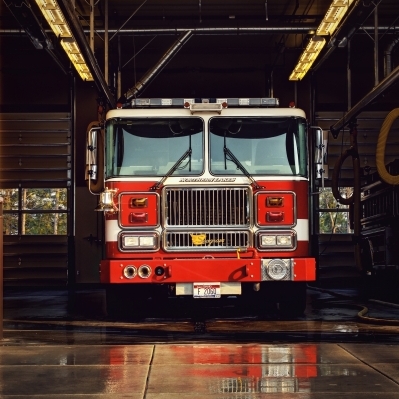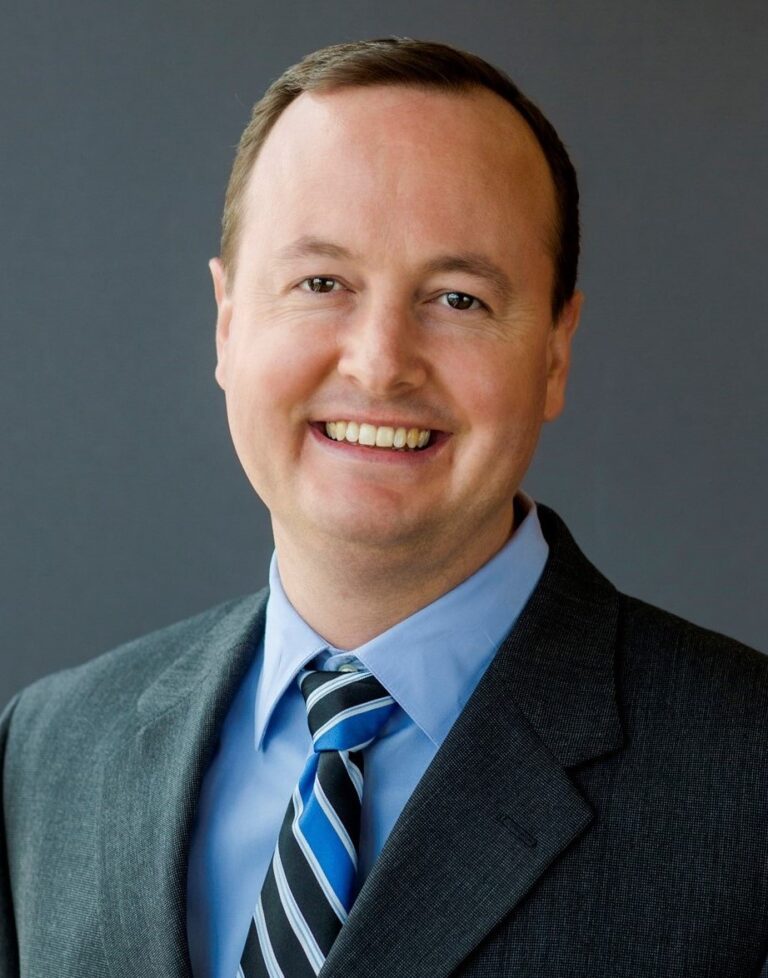Washington Case Law Update: Can a Firefighter Who Is Injured at an Accident Scene Recover from Parties That Caused the Accident?
From the Desk of Joshua P. Hayward: In Washington, a person who is injured while rescuing another individual may have a claim against the party whose negligence caused the need for rescue. But does this rule apply to a professional rescuer, such as a firefighter, who is injured while responding to an accident scene? Read on to find out.
Claims Pointer: In this case arising out of a situation where a firefighter was severely injured while responding to an accident, the Washington Court of Appeals held that the firefighter was unable to recover from the various parties whose negligence had caused the initial accident. This case serves as a reminder and clarification on the scope of the professional rescuer doctrine.
Loiland v. State et. al., No. 76096-3-I, Washington Court of Appeals Div. I (December 26, 2017)
While driving on I-5 in icy and foggy conditions, Pedro Lopez (“Lopez”) lost control of his pickup truck, spun across four lanes, and ended up in a ditch. Sergeant Johnny Alexander (“Sergeant Alexander”) from the Washington State Patrol (“WSP”) responded to the scene. Sergeant Alexander requested a tow truck and began to prepare a report. While preparing the report, Sergeant Alexander observed four cars pass the scene and nearly lose control. He determined that the lights on his patrol car were distracting drivers and therefore a tow truck on the scene would only make matters worse. Sergeant Alexander canceled the tow and left the scene with Lopez, but failed to turn off the pickup truck’s lights or mark the pickup to indicate that he had responded.
Emergency dispatchers began to receive 9-11 calls regarding the wrecked pickup truck and dispatched fire and rescue engines to the scene. Firefighter Wynne Loiland (“Loiland”) arrived at the scene. After observing that the pickup was unoccupied, Loiland began to mark the pickup with tape. At that time, Mario Perez (“Perez”) who was driving past the scene, spun out, and struck Loiland who was standing next to the pickup truck. Loiland suffered serious injuries as a result of the accident. Loiland filed suit against the State of Washington (“the State”), for the negligence of the Department of Transportation (“DOT”), and WSP, as well as Lopez and Perez. When the court dismissed Loiland’s suit, he appealed.
The Washington Court of Appeals considered whether the professional rescuer doctrine barred Loiland from recovery. The court explained that the professional rescuer doctrine prevents a rescuer from recovery when the rescuer is “injured by a known hazard associated with a particular rescue activity.” The reasoning behind the rule is that a professional rescuer assumes certain risks as a part of their job and is compensated for accepting those risks. The court noted that the professional rescuer doctrine does not apply when the rescuer is injured by a “hidden, unknown [or] extrahazardous” danger that is not inherently associated with the particular rescue activity.” Another exception applies where the rescuer is injured by an act of an intervening third party.
Loiland argued that where multiple parties are negligent, the professional rescuer doctrine bars recovery only from the party whose initial negligence was the reason for the rescue (emphasis added). In other words, Loiland agreed he was barred from recovering from Lopez, but not WSP and DOT. Washington courts had yet to consider whether the professional rescuer doctrine applies in cases with multiple parties. The court looked to other states and found that other states applied the professional rescuer doctrine in cases with multiple parties and barred recovery from all parties whose negligence caused or contributed to the situation that required the rescuer’s response. The court agreed with the other jurisdictions and held that where negligent acts of multiple parties caused the situation that required the professional rescuer to respond, the doctrine bars recovery from each of those parties.
The court then considered whether the State’s negligence caused or contributed to the reason for Loiland’s response. Loiland’s claim against DOT alleged that DOT was negligent by failing to deice the road. Specifically, Loiland alleged that if DOT had deiced the road, Lopez would not have crashed his pickup, and Loiland would not have needed to respond. Loiland also alleged that WSP was negligent in failing to mark the accident. If WSP had marked the accident, Loiland would not have been called to the scene, or even if he were called, he would have had no reason to exit the fire engine to mark the pickup truck. Both DOT and WSP’s negligence contributed to the reason for Loiland having to respond. According to the court, both DOT and WSP were “in exactly the position addressed by the professional rescuer doctrine,” because their alleged negligence placed Loiland in harm’s way.
Loiland also argued that the DOT’s intervening negligence caused his injury because DOT failed to deice after the Lopez crash. The court, however, rejected this argument, finding that there is no support for why ongoing negligence is equivalent to independent or intervening negligence. The court looked to previous decisions where courts determined that the party’s negligence was independent or intervening. The court determined that the State’s negligence was not intervening or independent, and confirmed that Loiland was unable to recover for injuries caused by the those allege negligent actions.
Interestingly, the court never directly addressed whether the professional rescuer doctrine applied to the second driver, Perez. There is a potential argument that since Perez’s alleged negligence occurred after Loiland responded to the scene, Loiland could recover from Perez.
Case updates are intended to inform our clients and others about legal matters of current interest. They are not intended as legal advice. Readers should not act upon the information contained in this article without seeking professional counsel.
View full opinion at https://www.courts.wa.gov/opinions/pdf/760963.pdf
To email Josh Hayward, please click here.
To view the latest Oregon Case Law Update: Oregon Supreme Court Limits Claims Based on Abuse of Vulnerable Persons, please click here.

















